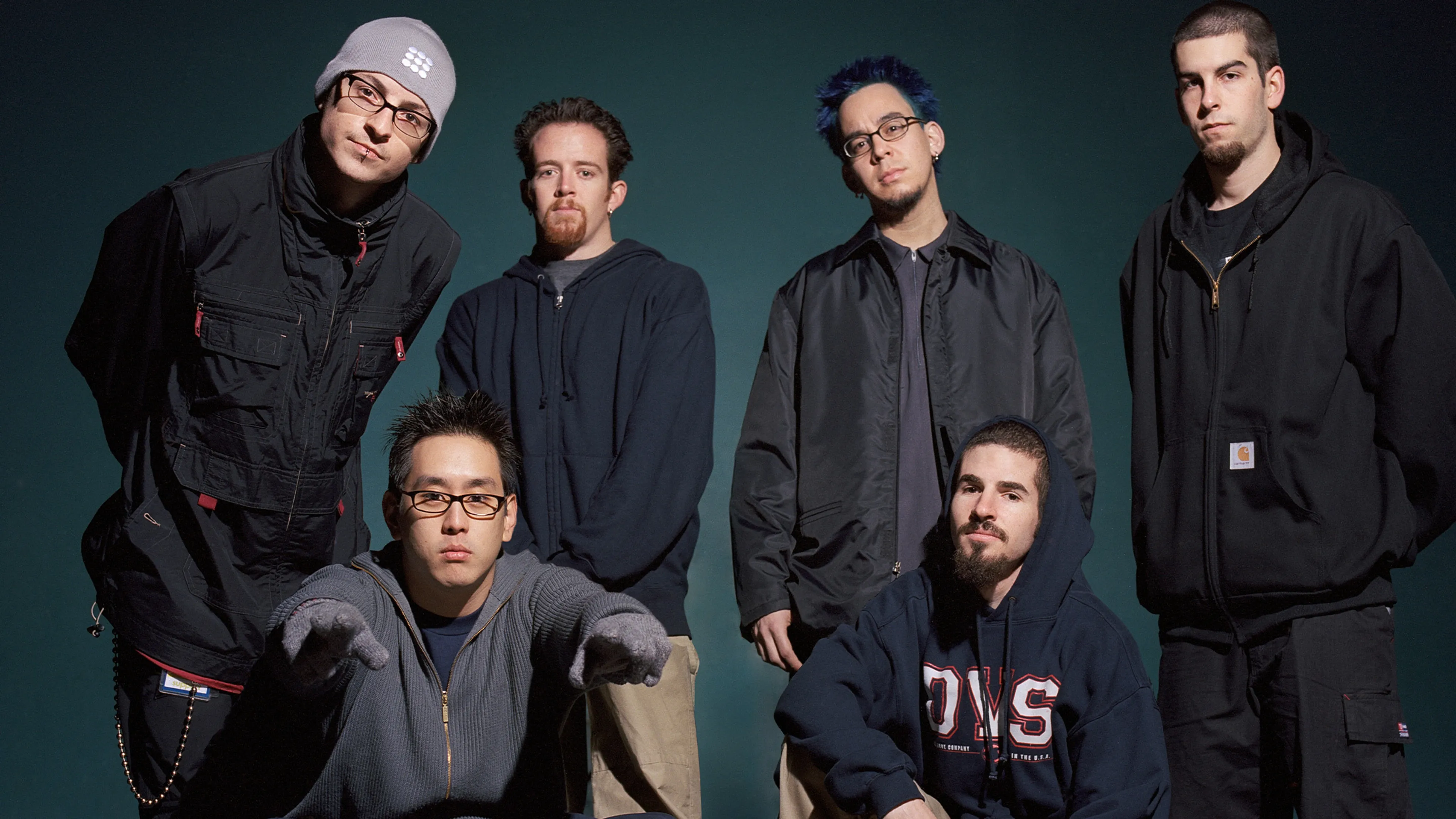Mike wasn’t so enthusiastic about revisiting Meteora when talk of it began a year-and-a-half ago. Not due to lack of affection for the record, or for that purple patch in his band’s history, but because a perfectionist focused on the new isn’t necessarily keen to look backwards: “My attitude was, ‘Let’s see what we find and if it’s good, we’ll release it. But if we don’t find enough good stuff, then there’s nothing to release.’”
His reticence was understandable given the size of the undertaking. He’s the one in the band “with all of the stuff”, who on Meteora asserted himself as the in-house producer or “captain of the ship when it came to the studio process”. As a result, material generally started and stayed with him. So too, then, did much of the responsibility for this project.
Thankfully, it soon uncovered some gold, which broadly fell into three categories. The first were demos in embryonic form, some of which were instrumentals or musical sketches with incomplete vocals. The second, which could best be filed as curios, were alternative versions of songs that ended up making the final album but feature different vocal takes, chord progressions and textural flourishes than the finished versions we’ve come to know and love.
The third, and most headline-worthy category, were the songs that narrowly missed making the tracklisting for Meteora – the most exciting of which is Lost, released in February to huge fanfare. And deservedly so, as it somehow manages to stand toe-to-toe with songs that have been in our affections for two decades.
So why didn’t it make the grade?
“We worked our way down from 20-something tracks to around 15,” explains Mike. “We had a song called Numb and thought Lost was similar enough that we drew the line. We intended to put [Lost] out at a later date, but as we got into the process of making [third album] Minutes To Midnight, we were trying to reinvent the band, so to go backwards and use anything that sounded like Meteora wasn’t something we would have done.”
